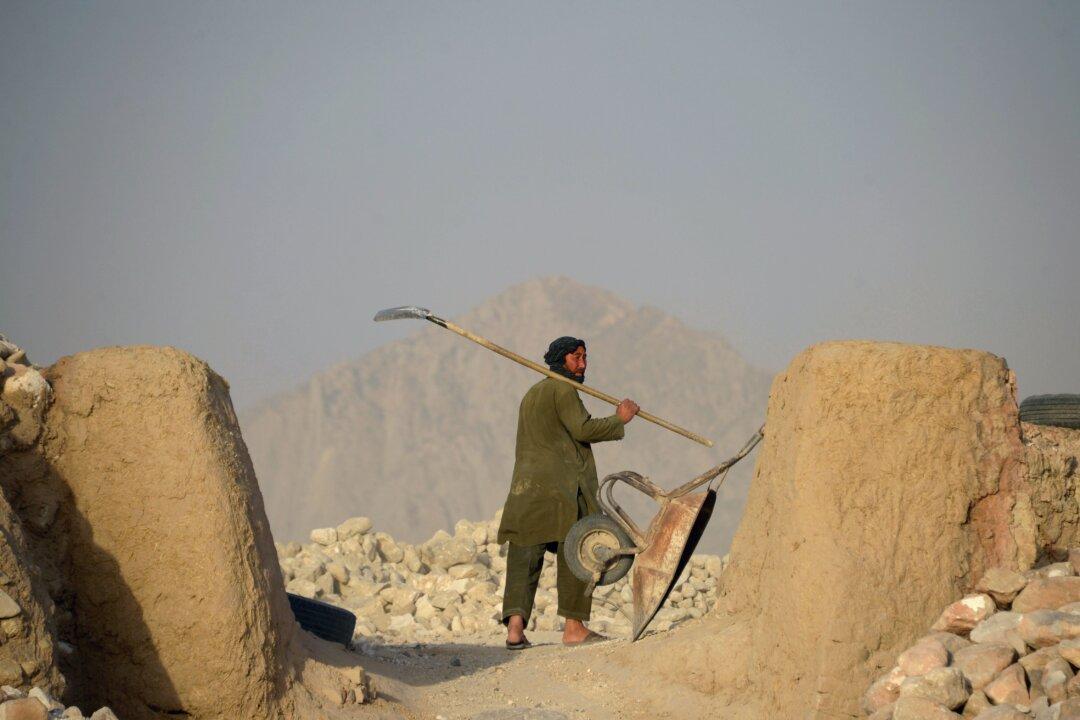KABUL—Afghan officials have signed contracts for two major mining projects in northern Afghanistan, pushing ahead with plans to develop the country’s mineral reserves but drawing criticism over the involvement of a former minister in the project.
The deals were signed in Washington on Oct. 5 with mining and investment group Centar, and its operating company Afghan Gold and Minerals Co. to develop two sites in Badakhshan and Sar-e Pul provinces with potentially major gold and copper deposits.





